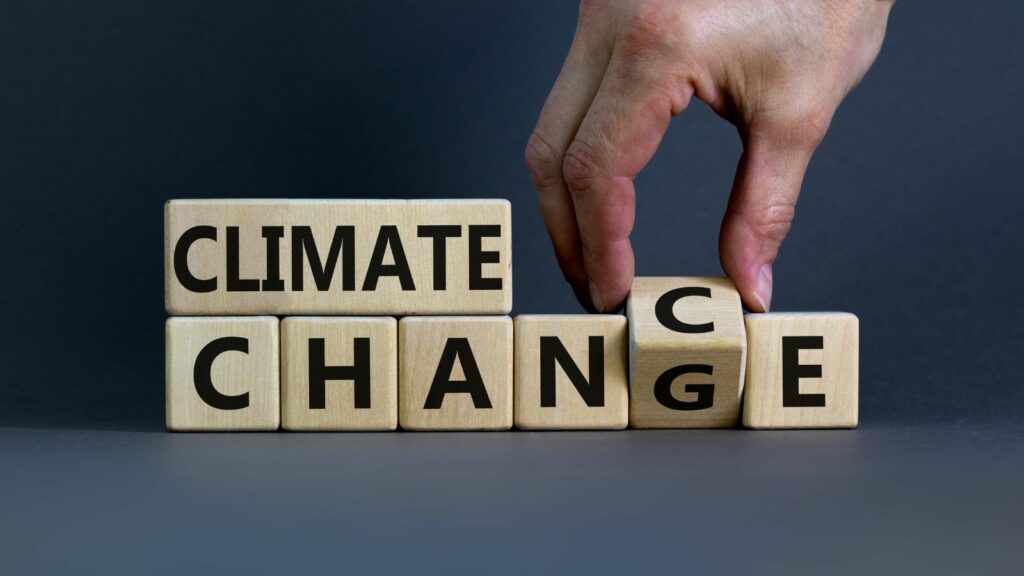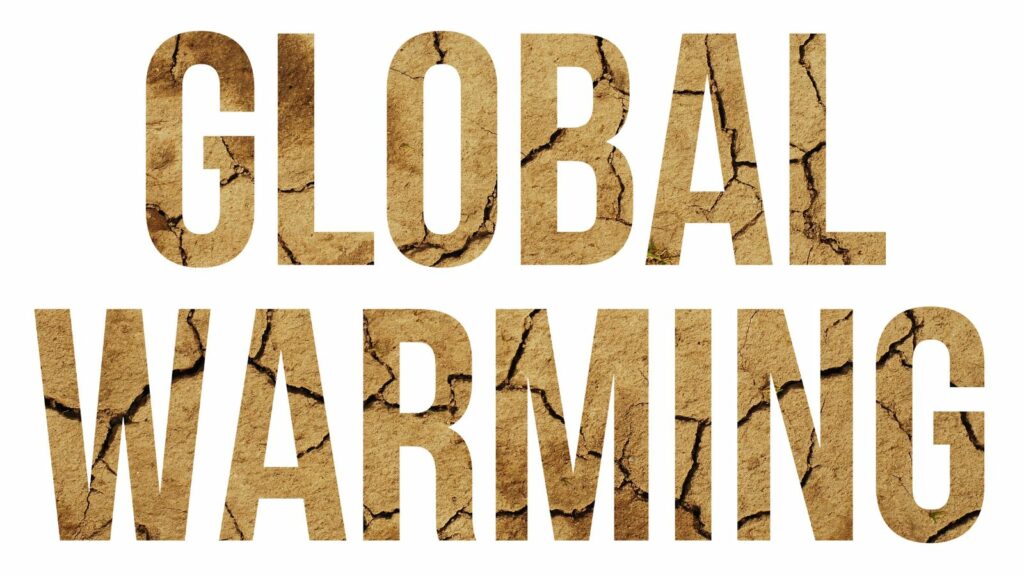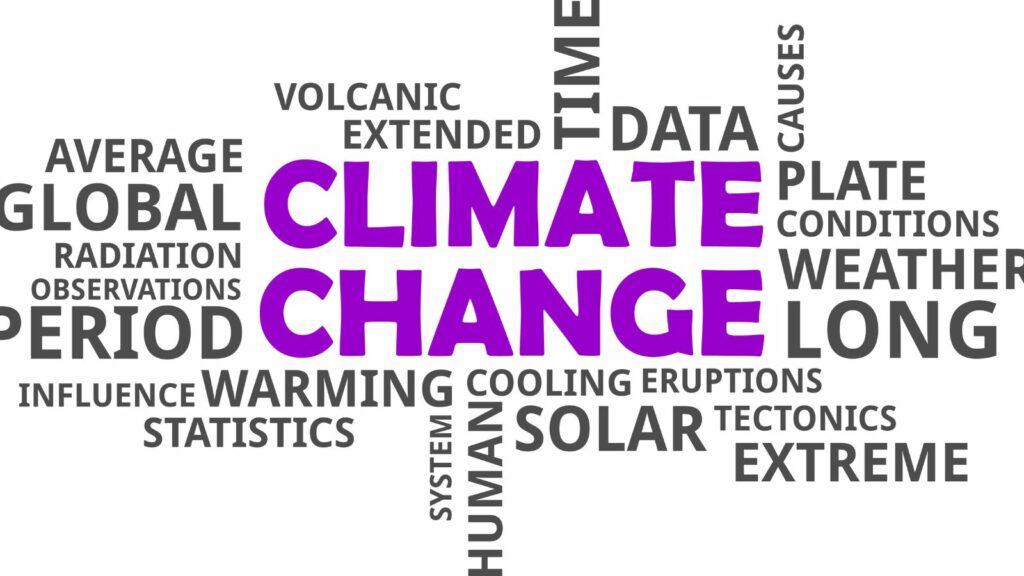In today’s rapidly evolving environmental landscape, understanding climate change is more crucial than ever. As discussions around global warming and sustainability intensify, certain key words have emerged as essential tools for navigating this complex topic. These terms not only help frame the conversation but also empower individuals to engage more effectively with the issues at hand.
Climate Change Key Words

Recognizing climate change key words is essential for meaningful discussions and advocacy. Terms like “greenhouse gases” describe the gases trapping heat in the Earth’s atmosphere, increasing global temperatures. Common greenhouse gases include carbon dioxide and methane.
The concept of “carbon footprint” measures the total greenhouse gas emissions caused by individuals, events, or products. By evaluating this footprint, one can identify ways to reduce emissions, contributing to environmental sustainability.
“Renewable energy” refers to natural resources like wind and solar power, which offer sustainable alternatives to fossil fuels. These energy sources have a lower environmental impact and play a crucial role in reducing carbon emissions.
“Global warming” indicates the long-term increase in Earth’s average surface temperature due to human activities. It’s a primary driver of climate change, leading to melting ice caps, rising sea levels, and severe weather patterns globally.
Understanding these keywords enables clearer communication about climate challenges, encouraging informed actions and decisions.
Importance of Climate Change Terminology
Using precise climate change key words plays a pivotal role in understanding and addressing environmental challenges. Accurate language enhances awareness and facilitates effective communication.
Raising Awareness and Engagement

Climate change terms like “carbon footprint” and “renewable energy” enhance public awareness and engagement. These words bridge the gap between complex scientific concepts and everyday understanding. When individuals know terms like “greenhouse gases” and “global warming,” they actively participate in discussions and take informed actions. Educating people about these terms empowers them to advocate for policy changes and sustainable practices.
Facilitating Scientific Communication
Essential vocabulary standardizes communication among scientists, policymakers, and the public. Terms with clear definitions ensure consistency in research and reporting. Words such as “emissions” and “sustainability” serve as a common language, enabling scientists to convey research findings accurately. This uniformity is crucial for effective collaboration among international communities, ensuring that policies are informed by reliable data and science-driven insights.
Common Climate Change Key Words and Their Meanings
Understanding climate change key words is crucial for effective communication and advocacy. These terms help clarify complex concepts and facilitate informed discussions.
Global Warming

Global warming refers to the long-term increase in Earth’s average surface temperature. It results primarily from human activities such as burning fossil fuels which increase concentrations of greenhouse gases. This warming affects weather patterns, sea levels, and ecosystems worldwide.
Greenhouse Gases
Greenhouse gases trap heat in the Earth’s atmosphere and include carbon dioxide, methane, and nitrous oxide. These gases contribute to the greenhouse effect, which leads to global warming. Limiting emissions from sources like transportation and industry is essential for mitigating climate impacts.
Carbon Footprint
A carbon footprint measures total greenhouse gas emissions associated with an individual, event, or product. It considers direct activities, such as driving, and indirect activities, like manufacturing. Reducing one’s carbon footprint can involve using energy-efficient appliances, opting for public transportation, and consuming less meat.
Sea Level Rise
Sea level rise occurs due to melting ice caps and glaciers, along with thermal expansion of seawater as it warms. This rise threatens coastal communities, wildlife habitats, and increases the risk of flooding. Adaptation strategies include building sea walls and restoring wetlands to buffer against the impacts.
Bridging The Gap
Understanding climate change key words is vital for fostering informed discussions and driving meaningful action. Key terms like “carbon footprint” and “renewable energy” serve as essential tools in bridging the gap between scientific insights and public engagement. As climate change terminology evolves, staying informed enables individuals to navigate complex environmental issues effectively. Recognizing the nuances in climate language helps dispel misconceptions and supports accurate communication. This clarity is crucial for advocating policy changes and implementing sustainable practices. By embracing this evolving lexicon, individuals and communities can better address the challenges posed by climate change and work towards a more sustainable future.

